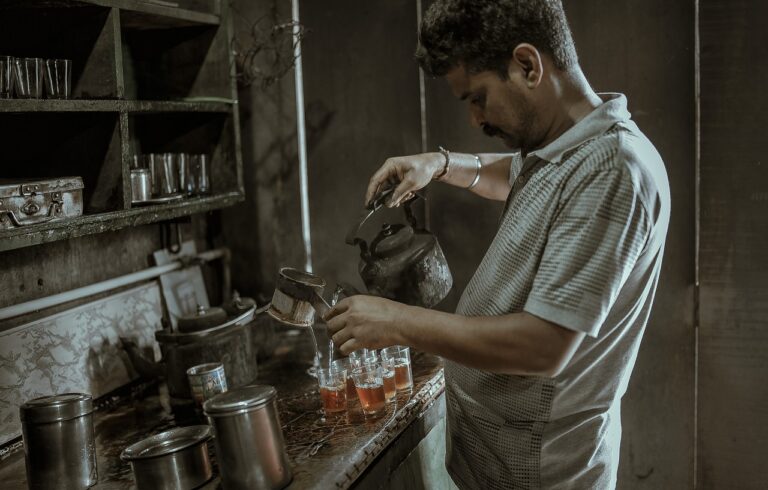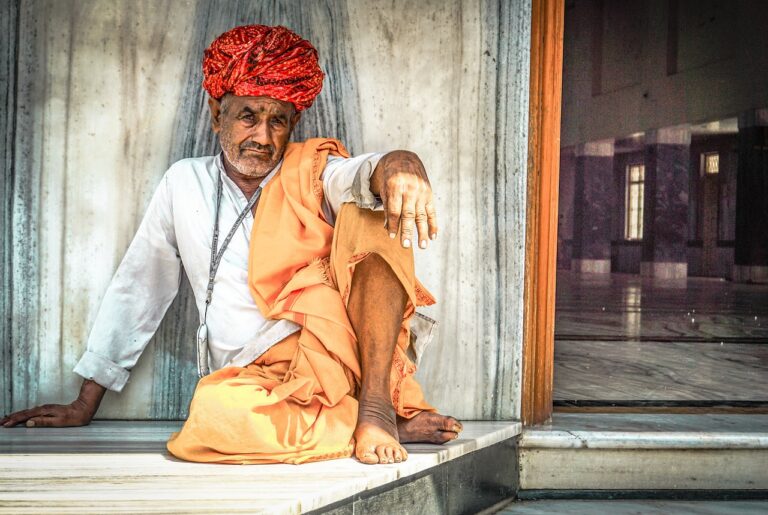Analyzing the Role of Gender Stereotypes in Political Campaign Messaging
Gender stereotypes in politics have a longstanding history, deeply rooted in societal norms and expectations. Throughout centuries, traditional gender roles have shaped perceptions of leadership and power, leading to the formation of biased beliefs about the capabilities of men and women in political realms. These stereotypes often portray men as strong, decisive leaders, while casting women as emotional and indecisive, perpetuating a framework that reinforces gender inequality in political spheres.
The historical context of gender stereotypes in politics can be traced back to various cultural and historical narratives that have influenced societal perceptions of gender roles. In many societies, the idea of male dominance in leadership positions has been ingrained, marginalizing women and restricting their access to political power. This historical backdrop has constructed a complex web of expectations and biases that continue to impact how individuals, both consciously and unconsciously, perceive and evaluate political candidates based on their gender.
The Influence of Gender Stereotypes on Voter Perception
Gender stereotypes play a significant role in shaping voter perception during political campaigns. Preconceived notions about gender, such as the belief that women are more compassionate and men are stronger leaders, can heavily influence how voters evaluate candidates. These stereotypes can impact who voters perceive as more qualified, competent, or likeable based on their gender, rather than their actual qualifications or policies.
Moreover, the use of gendered language and imagery in political campaigns can reinforce these stereotypes and further sway voter perception. For instance, female candidates are often described in terms of their appearance, personal life, or emotional attributes, while male candidates are more likely to be emphasized for their professional accomplishments and leadership qualities. These subtle differences in how candidates are portrayed can have a significant impact on how voters perceive and ultimately vote for them.
• Gender stereotypes can heavily influence how voters evaluate candidates
• Preconceived notions about gender can impact perceptions of qualifications, competence, and likability
• Use of gendered language and imagery in campaigns can reinforce stereotypes
• Female candidates often described based on appearance, personal life, or emotions
• Male candidates more likely to be emphasized for professional accomplishments and leadership qualities.
Gendered Language and Imagery in Political Campaigns
In political campaigns, gendered language and imagery play a significant role in shaping public perception of candidates. The use of specific words and visuals can reinforce stereotypes and biases, affecting how voters view the competence and suitability of candidates based on their gender. For instance, women candidates are often described as emotional or nurturing, while male candidates may be portrayed as strong and authoritative. These stereotypes can impact voters’ attitudes and influence their decisions at the polls.
Moreover, gendered language and imagery in political campaigns can also influence how candidates themselves present their policies and platforms. Female candidates may feel pressure to conform to traditional gender norms in order to be perceived as likeable or electable, while male candidates may face backlash for deviating from expected masculine traits. As a result, the use of gendered language and imagery can constrain candidates’ abilities to authentically communicate their ideas and connect with voters on substantive issues.
How have gender stereotypes influenced politics historically?
Gender stereotypes have played a significant role in shaping public perception of political candidates, often reinforcing traditional gender roles and biases.
How do gender stereotypes impact how voters perceive political candidates?
Gender stereotypes can influence how voters perceive the competence, likability, and leadership abilities of political candidates, leading to biases in decision-making.
What role does gendered language and imagery play in political campaigns?
Gendered language and imagery can reinforce stereotypes and perpetuate gender biases, affecting how candidates are perceived and how their messages are received by the public.
How can political campaigns work to combat gendered language and imagery?
Political campaigns can strive to use inclusive language and imagery that avoids reinforcing gender stereotypes, promoting a more equitable and respectful political discourse.







